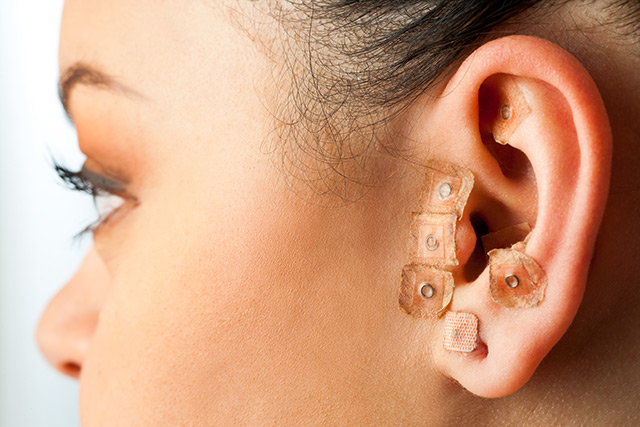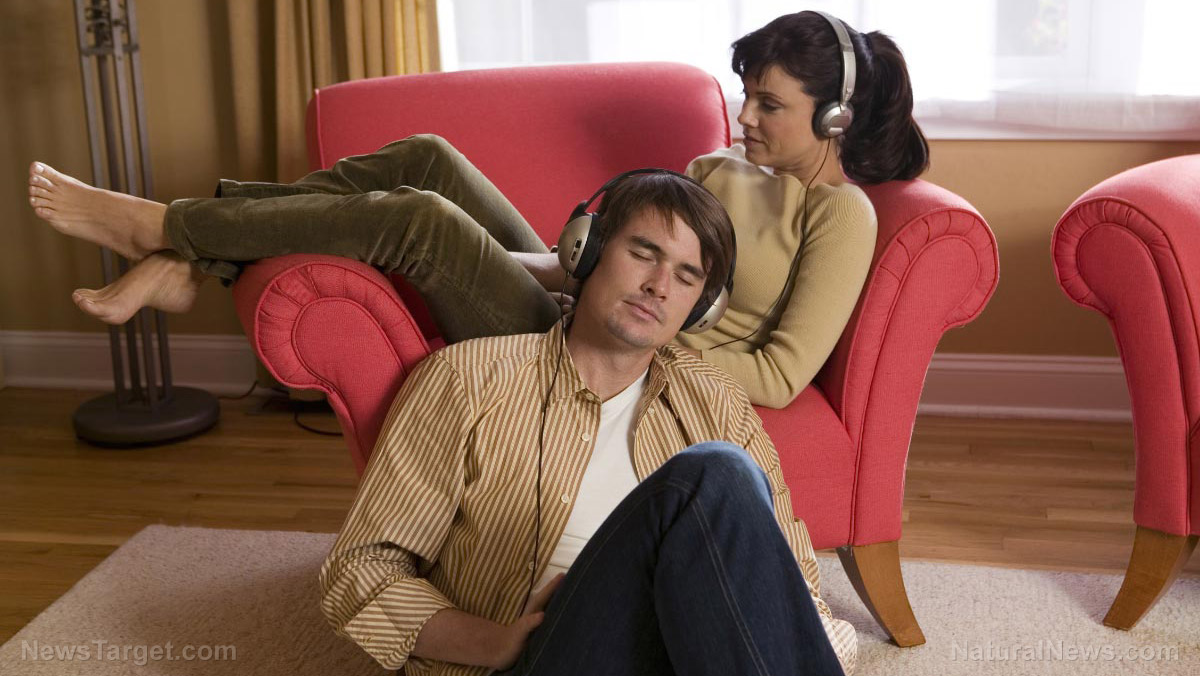This simple lifestyle change may be the most effective way to keep kids off anti-depressants
02/13/2019 / By Isabelle Z.

As more and more kids get hooked on electronic devices, depression is affecting a startling number of our nation’s young people. One out of every five teens will have experienced a major depressive episode before graduating from high school, while as many as 3 percent of children and 9 percent of adolescents are experiencing a major depressive disorder at any given time.
These statistics are not surprising when you consider the messages they are being bombarded with online. Social media often paints an unhealthy picture of how kids should look and act that can be hard to live up to. In addition, it exposes them to the world’s tragedies before they have the emotional skills needed to process such information. Throw in changing hormones and genetic influences, and it’s a true recipe for disaster.
While no parent wants their child to feel sad, depression’s effects reach much further than mood. Young people who are depressed are also more likely to engage in risky behaviors like alcohol and substance use, smoking cigarettes, and attempting to kill themselves. For this reason, lots of parents bring their kids to the doctor to have them put on antidepressants. While they might be well-meaning, they could be making the problem worse. Studies show that most antidepressants don’t work any better than a placebo for treating depression; they are extremely dangerous, and they can even make them suicidal.
What can a parent do to help a depressed child?
A far better solution is instituting a program of exercise. Even if a child’s depression was not caused by a sedentary lifestyle spent in front of a screen, getting outside and moving can help keep depression at bay. A study from Duke University found that regular exercise had better effectiveness in treating depression over the long term than antidepressants, while Harvard Medical School has reported successful clinical trials that treated clinical depression with exercise. There are several ways that exercise can promote mental health.
First, exercise releases chemicals in the brain that make them feel good, such as serotonin and endorphins. This lifts their mood and fosters positive thinking. The satisfaction of getting a basket, scoring a goal, or running faster than last time can also help counteract those feelings of not being good enough, which social media can sometimes instill.
Moreover, physical activity often entails interacting with peers as well as adults, something that does not happen when kids are glued to a screen. This not only allows them to build friendships and make connections with adults who can have a positive influence on their lives; it also helps them learn ways to deal with conflict.
How can you encourage your kids to get active?
You should start by limiting your children’s screen time and institute mandatory outdoor playing time. Playing with them allows you to bond as a family, whether you’re having an impromptu soccer match in the backyard, taking a family bike ride, or putting on music and making up silly dances together.
Some kids thrive in the structure provided by organized sports, so consider enrolling your child in a sport or class. If your kid is shy, a team sport could be a great way to encourage them to come out of their shell, while martial arts can help build confidence. A child who is not terribly coordinated or athletic might prefer a more artistic sport like dance.
Instead of setting your child up for a lifetime of dependency on dangerous prescription drugs, do everyone a favor and get your child outside and start moving! This can set them up for a lifetime of healthy habits and coping mechanisms.
Sources include:
Tagged Under: beatdepression, children, depression, exercise, fitness, natural cures, natural medicine, slender



















